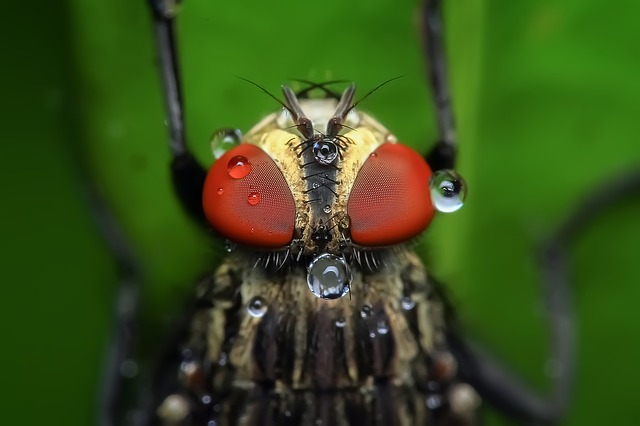Fly farmer and waste-to-nutrient company AgriProtein Holdings UK, has raised $105 million in funding, reflecting a new high in investor commitment to the insect protein sector.
Founded in 2008 with funding from the Gates Foundation, AgriProtein uses organic food waste as feedstock to raise black soldier flies and larvae which are then processed into high-protein animal feed for the aquaculture, livestock, and pet sectors. This circular economy strategy and the company’s role in reducing food waste saw it named as the BBC Food Chain Global Champion 2017.
“We need to see waste differently – as a resource – particularly food waste. A growing population, scarce water and land resources, and declining natural fish stocks make this more critical than ever,” said Jason Drew, co-founder and CEO of AgriProtein.
Fish Feed Focus
AgriProtein is initially focusing their efforts on the aquafeed market as global demand for farmed fish continues to grow.
Driven by macro-trends that include population growth, shifting wealth distribution, and changing dietary demands toward more protein content, investing in aquaculture in emerging markets is becoming a topic earmarked for investors discussion.
Rising global populations and increasing wealth – particularly in emerging economies – along with diminishing wild fish numbers have put pressure on the aquaculture industry to fill the gap in supply.
Predictive modeling by The World Bank estimates that by 2030, 62 percent of food fish will be provided through aquaculture, and from 2030 onward, aquaculture will dominate supply in the industry, according to the report, Fish to 2030, Prospects for Fisheries and Aquaculture. Ancillary to this, the aquafeed market, which was valued at $114 billion in 2017, is expected to grow by 250 percent in eight years to a value of $290 billion by 2026.
“There is simply not enough marine material left in the oceans to meet fishmeal demand in aquafeed, let alone in feed for poultry, pigs and pets,” said Drew. “Along with algae and bacteria, new, disruptive sources of protein like our own are needed to close the feed gap and, in the process, help repair the future of the planet.”
Global Growth
This latest capital raise follows a funding round of $17.5 million secured by AgriProtein in December 2016, bringing total funding for the company to more than $120 million over the course of its life.
With the backing of this capital, the company has expanded its R&D platforms, expanded its teams, and is building chemistry and genetic laboratories. It has also brought on senior staff with engineering and waste management backgrounds to enhance its project roll-out capacity.
Employing a factory production system developed in partnership with engineering company Christof Industries, which AgriProtein states is able to launch as many as 25 fish farms on a turnkey basis per year, AgriProtein has a pipeline target of building 100 global fly farms by 2024, and 200 by 2027, according to fishfarmingexpert.com. Of these, the company is aiming for 20 in the U.S. and Canada, and additional sites across the UK within three years.
“Our teams are actively developing a number of UK sites at the moment. Whilst our build time is typically only 12 months, this is once we have EIA (environmental impact assessment) and other planning permissions which can take 12- 24 months to obtain,” Drew told fishfarmingexpert.com at the time.
-Lynda Kiernan

